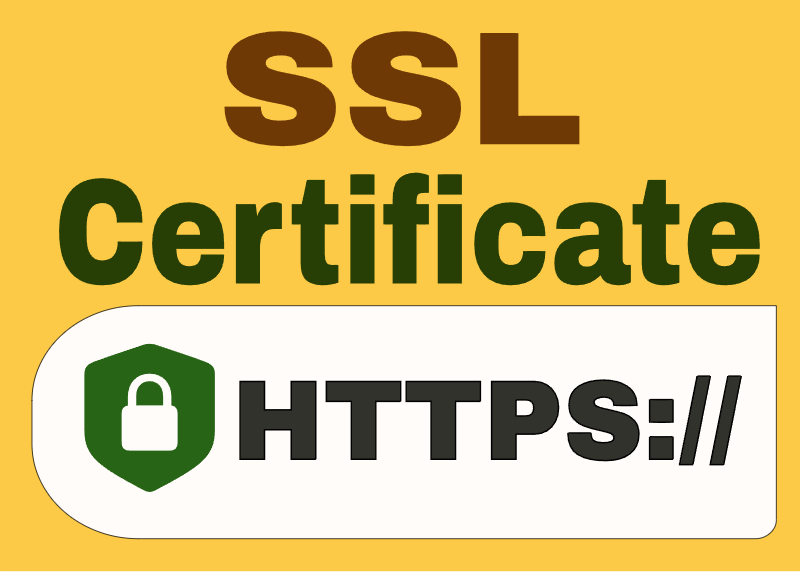Because my website needs an SSL certificate
In the current digital age, online security is a fundamental concern for any website owner. An SSL (Secure Sockets Layer) certificate is an essential tool for protecting your visitors' information and ensuring trust in your website. In this article, we will explore why your website needs an SSL certificate and how it can benefit your online business.

What is an SSL certificate?
An SSL certificate is a digital file that is installed on your web server and establishes a secure connection between your website and your visitors' browsers. This allows information to be transmitted in an encrypted manner, meaning that only you and your visitors can read it. The SSL certificate verifies your website's identity and ensures that the information is sent to the correct person.
Why do I need an SSL certificate?
There are several reasons why your website needs an SSL certificate:
- Information security: An SSL certificate protects your visitors' sensitive information, such as credit card numbers, email addresses, and passwords, from being intercepted by hackers.
- Visitor trust: When your visitors see the green lock symbol in the address bar, they know that their information is secure and that they can trust your website.
- Improved search engine ranking: Google and other search engines consider security as an important factor in website ranking. An SSL certificate can improve your website's visibility in search results.
- Compliance with security standards: Many industries, such as finance and healthcare, require websites to comply with specific security standards. An SSL certificate is a fundamental requirement for complying with these standards.
How does an SSL certificate work?
The process of obtaining and configuring an SSL certificate is relatively simple:
- Purchase an SSL certificate: You can purchase an SSL certificate from a trusted provider, such as Let's Encrypt or GlobalSign.
- Generate a certificate request: Your SSL certificate provider will guide you through the process of generating a certificate request.
- Verify your website's identity: The SSL certificate provider will verify your website's identity and ensure that you are authorized to obtain an SSL certificate.
- Install the SSL certificate: Once you have obtained the SSL certificate, you must install it on your web server.
Conclusion
An SSL certificate is an essential tool for protecting your visitors' information and ensuring trust in your website. By obtaining an SSL certificate, you can improve your website's security, increase your visitors' trust, and comply with security standards. Don't wait any longer to protect your website and your visitors with an SSL certificate.





